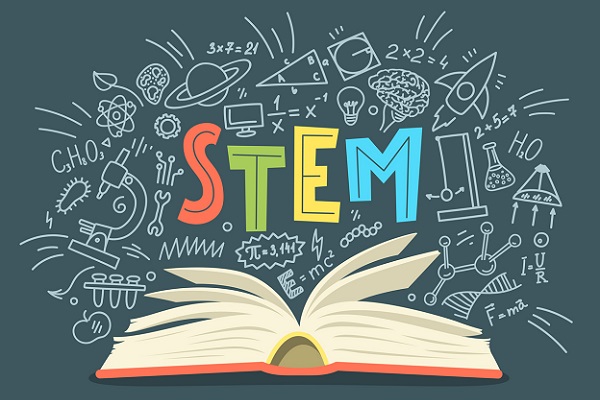STEM education is an approach to learning that integrates science, technology, engineering, and mathematics (STEM) in a way that connects the disciplines and allows students to see how they are all interconnected. STEM education is important for a number of reasons, including:
- It prepares students for the jobs of the future. STEM-related jobs are some of the fastest-growing and highest-paying in the economy. By providing students with a strong foundation in STEM, we can help them to succeed in these fields and contribute to the economy.
- It helps students to develop critical thinking and problem-solving skills. STEM education teaches students how to ask questions, gather data, and come up with creative solutions to problems. These skills are essential for success in today’s world, regardless of what career path students choose.
- It encourages creativity and innovation. STEM education provides students with the opportunity to explore their own ideas and to come up with new and innovative solutions to problems. This is essential for a 21st century workforce that needs to be able to think outside the box.
- It helps students to become more engaged in their learning. STEM education is often more hands-on and project-based than traditional education, which can help to keep students interested and motivated.
- It can help to close the gender gap in STEM fields. STEM education can help to demystify STEM subjects for girls and young women, and to show them that they can be successful in these fields.
There are a number of ways to implement STEM education in the classroom. Some common strategies include:
- Using project-based learning. Project-based learning allows students to apply the skills they are learning in STEM subjects to real-world problems. This can be a great way to engage students and to help them to see the relevance of STEM in their own lives.
- Integrating STEM across the curriculum. STEM subjects can be integrated into other subjects, such as history, English, and art. This can help students to see how STEM is relevant to their other interests and to make connections between different disciplines.
- Using technology. Technology can be a great tool for STEM education. There are many online resources and simulations that can help students to learn STEM concepts in a fun and engaging way.
- Providing hands-on experiences. STEM education is often more effective when students have the opportunity to get hands-on with the materials and to learn by doing. This can be done through experiments, labs, and field trips.
STEM education is an important investment in our future. By providing students with a strong foundation in STEM, we can help them to succeed in the 21st century economy and to make a positive impact on the world.
Here are some additional benefits of STEM education:
- STEM education can help students to develop a stronger sense of civic engagement. By learning about STEM topics, students can gain a better understanding of the world around them and the challenges that we face as a society. This can lead to a greater desire to get involved in solving these problems.
- STEM education can help to promote diversity and inclusion in the STEM workforce. By exposing students to STEM subjects from a young age, we can help to break down stereotypes about who can succeed in these fields. This can lead to a more diverse and inclusive STEM workforce, which is essential for innovation.
- STEM education can help to prepare students for lifelong learning. The world of STEM is constantly changing, so it is important for students to be able to learn new things and to adapt to new technologies. STEM education can help students to develop the skills they need to be lifelong learners.
In conclusion, STEM education is an important investment in our future. It can help students to succeed in the 21st century economy, to develop critical thinking and problem-solving skills, to become more engaged in their learning, and to make a positive impact on the world. We should all be committed to providing STEM education to all students, regardless of their background or interests.





